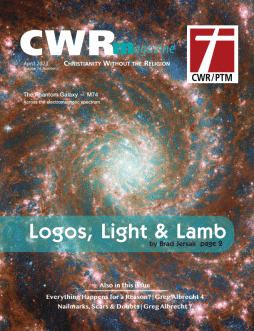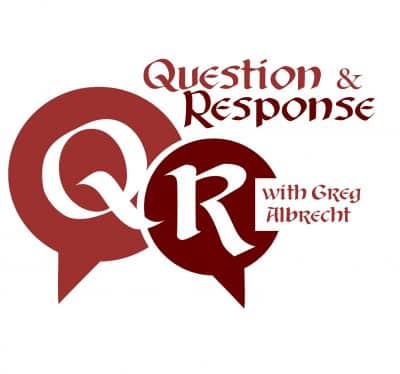Think On These Things – by Ed Dunn

Finally, brethren, whatsoever things are true, whatsoever things are honest, whatsoever things are just, whatsoever things are pure, whatsoever things are lovely, whatsoever things are of good report, if there be any virtue, and if there be any praise, think on these things (Philippians 4:8).
When we change the way we look at things, the things we look at change – German Theoretical Physicist, Max Planck (1858-1947).
There is an unmistakable importance to mindfulness, or presence, to use a different word. The thoughts we hold closely within our hearts and minds do indeed matter. The terms, Mindfulness and Presence, are ones we may hear quite often these days. The practice of Thinking about what we think about, as a way of staying mindful or present, can be helpful in observing how our thoughts influence our emotions. But why is mindfulness or presence so important? Why do our thoughts matter so much?
The times we’ve lived through in our recent past have presented an honest challenge to our collective mental health. The uneasy combination of intense political divides, racial divides, economic divides, and the fact that no one seems to want to listen to anyone else, has had a definite impact on our society and possibly even on our won sense of peace. Uncertainty about the future has become a very common worry – a worry that has robbed many of us of more than a few good night’s sleep.
Jesus has something to say about mindfulness, or presence, and the thoughts we hold closely within our hearts and minds. When Jesus says, No one who puts a hand to the plow and looks back (Luke 9:62, NIV) or Do not worry about tomorrow, for tomorrow will worry about itself (Matthew 6:34, NIV), both of his thoughts can be insightful into what may be going on in our minds. Are we thinking about circumstances or events that happened in the past which may lead us to stop moving forward? Are we consumed with anxious cares and worries about what may happen tomorrow or the next day? Even if we are present, are we consumed with the negativity of a world that looks at times as if it’s gone completely mad?
Jesus’ words can help us look carefully at whether or not we are mindful and present, or preoccupied with thoughts that just end up troubling us and robbing us of a present peace. Can we in any way approach, enter, direct or alter our past from where we stand now? Can we abide in or act upon our eventual future from where we sit in this moment now? Unfortunately, no, we cannot. All we can truly do is live within this present moment. We can be mindful and present in this moment alone, right now.
Paul tells us to think on these things. His words more than imply that we have a choice in our thinking. To think on things present that are true, honest, just, pure, lovely, of good report, virtuous and praiseworthy, in a world where so much has been, and continues to be, just the opposite, is not easy. However, we have the choice to set our perspective in a positive direction. We can choose to replace negative thoughts with positive ones, and In so doing, we may just bring about positive change.
When Max Planck stated, when we change the way we look at things, the things we look at change, he was talking about our perspective, to be sure. As a theoretical physicist, however, he may well have been talking about far more than just perspective alone. Planck may have been suggesting that our thoughts can be impactful upon the material world around us. To consider Planck’s idea in light of Paul’s words, if we think about things true, we may end up with more truth around us. If our thoughts are pure, we may experience more purity. Honest thoughts may lead to honesty, just thoughts, to justice, and so on. Although I must admit that theoretical physics and what may or may not happen in the quantum field around us is well above my pay-grade, I sure like thinking about the idea.
Either way, Jesus, Paul and Planck all give us good “food for thought” as to what we think about. Mindfulness, or presence, can help us to avoid living our lives in the past or too far into the future, in either endless regret or worry. As Jesus gives us ten verses about worry within his Sermon on the Mount (Matthew 6:25-34), we do well to follow him. Paul gives us a focus if our thoughts are negative, even if in the present moment: truth, honesty, justice, purity, loveliness, good news, virtue and praise are all perfect subjects to hold closely within our hearts and minds. And Planck gives us perspective, that when we make this change in our thinking, we may well be changing more than just what is taking place within us. Mindful presence, thinking about what we think about, can create both peace within and a better world around us.










 Plain Truth Ministries | Box 300 | Pasadena, CA 91129-0300
Plain Truth Ministries | Box 300 | Pasadena, CA 91129-0300

